Duanwu Festival (端午节) Posted by sasha on Jun 3, 2011 in Culture, Uncategorized
The traditional Duanwu Festival (端午节 – duān wǔ jié) falls on the 5th day of the 5th lunar month, which is June 6 this year. Also commonly known as the Dragon Boat Festival (龙船节 – lóng chuán jié), this is one of the oldest Chinese holidays, dating back to 278 BC. Before we get into the modern customs of this Chinese festival, let’s examine some of its history:
History
Although it is said that the holiday originated around the desire to prevent diseases and health hazards associated with the summer months, the modern history of the Duanwu Festival centers around one man – a poet named Qu Yuan (屈原 – Qū yuán). He lived during the Warring States Period (战国时代 – zhàn guó shí dài) of China (475-221 BC), and he served the King of the State of Chu (楚国 – chu guó). When the King of Chu decided to join forces with the State of Qin (秦国 – qín guó), however, Qu showed his opposition. As a result, he was accused of treason, and was banned from the kingdom he had loved so dearly. While in exile, Qu traveled, taught, and wrote poetry expressing his ideas. Some of his most famous works include “Heaven Asks” (天问 – tiān wèn),”Nine Pieces” (九章 – jiǔ zhāng), and his most famous, “The Lament” (离骚 – lí sāo). This masterpiece is mostly about his lamentation at the gradual decline of the once-powerful state of Chu.
Some years later, when the State of Chu was finally taken over by the State of Qin, Qu Yuan was so distraught that he held onto a large stone and threw himself into the Miluo River (汨罗江 – mì luō jiāng), committing suicide. As Qu fought for what he believed in and was willing to die before he sacrificed his values, it is said that his spirit has become a symbol of the noble and persevering spirit of the Chinese people.
A video introducing some of the customs of the Dragon Boat Festival.
Customs
As the story goes, when Qu met his watery grave in the Miluo River, local people who admired him threw sticky balls of rice into the water in order to keep the fish from eating his body. It is believed that this is the origin of the traditional snack that is eaten to commemorate the holiday, rice dumplings (粽子 – zòng zi), which are made from gluttinous rice wrapped in bamboo leaves. Fillings vary from region to region, and can include: red bean paste, jujubes, pork, duck eggs, peanuts, and so on.
A video of some students showing how to make zong zi.
It is also believed that the locals paddled out into the river on boats, either to scare the fish or retrieve his body. From this tale, we see where the holiday got its common English name, as this is said to be the origin of dragon boat racing.
Finally, in the ancient history of this festival, realgar was an antidote for all poisons, and therefore most effective to drive away evil spirits and kill insects. Some also believe that the local people around the river dumped some of this into the water to get the fish drunk. Therefore, realgar wine (雄黄酒 – xióng huáng jiǔ) was and is consumed on the special day.
Although this festival has been around in China for an incredibly long time, it was only first recognized as a public holiday in 2008. These days, people still eat zongzi, race dragon boats, and remember the legacy of Qu Yuan. However, for young Chinese, the fact that there is now a long weekend associated with the holiday is becoming more important than the old traditions. When I asked my university students to explain the festival to me, all they said was, “We eat zongzi and have a day free from studying. That’s about it…” While my students may be too distracted with Angry Birds and 人人网 (China’s facebook) to think or care about this holiday’s long tradition, I’m sure there are millions of people here who will be preserving this ancient festival and its interesting custuoms.

Build vocabulary, practice pronunciation, and more with Transparent Language Online. Available anytime, anywhere, on any device.
About the Author: sasha
Sasha is an English teacher, writer, photographer, and videographer from the great state of Michigan. Upon graduating from Michigan State University, he moved to China and spent 5+ years living, working, studying, and traveling there. He also studied Indonesian Language & Culture in Bali for a year. He and his wife run the travel blog Grateful Gypsies, and they're currently trying the digital nomad lifestyle across Latin America.



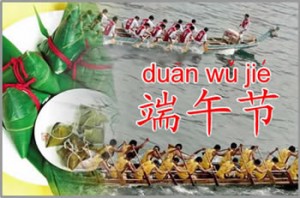
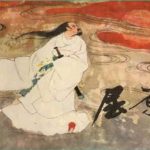
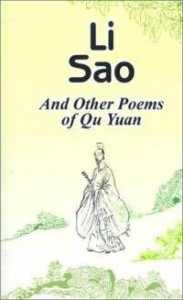
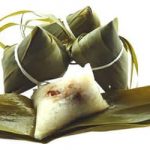
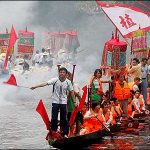
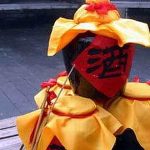
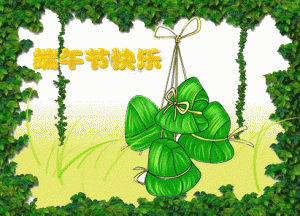

Leave a comment: